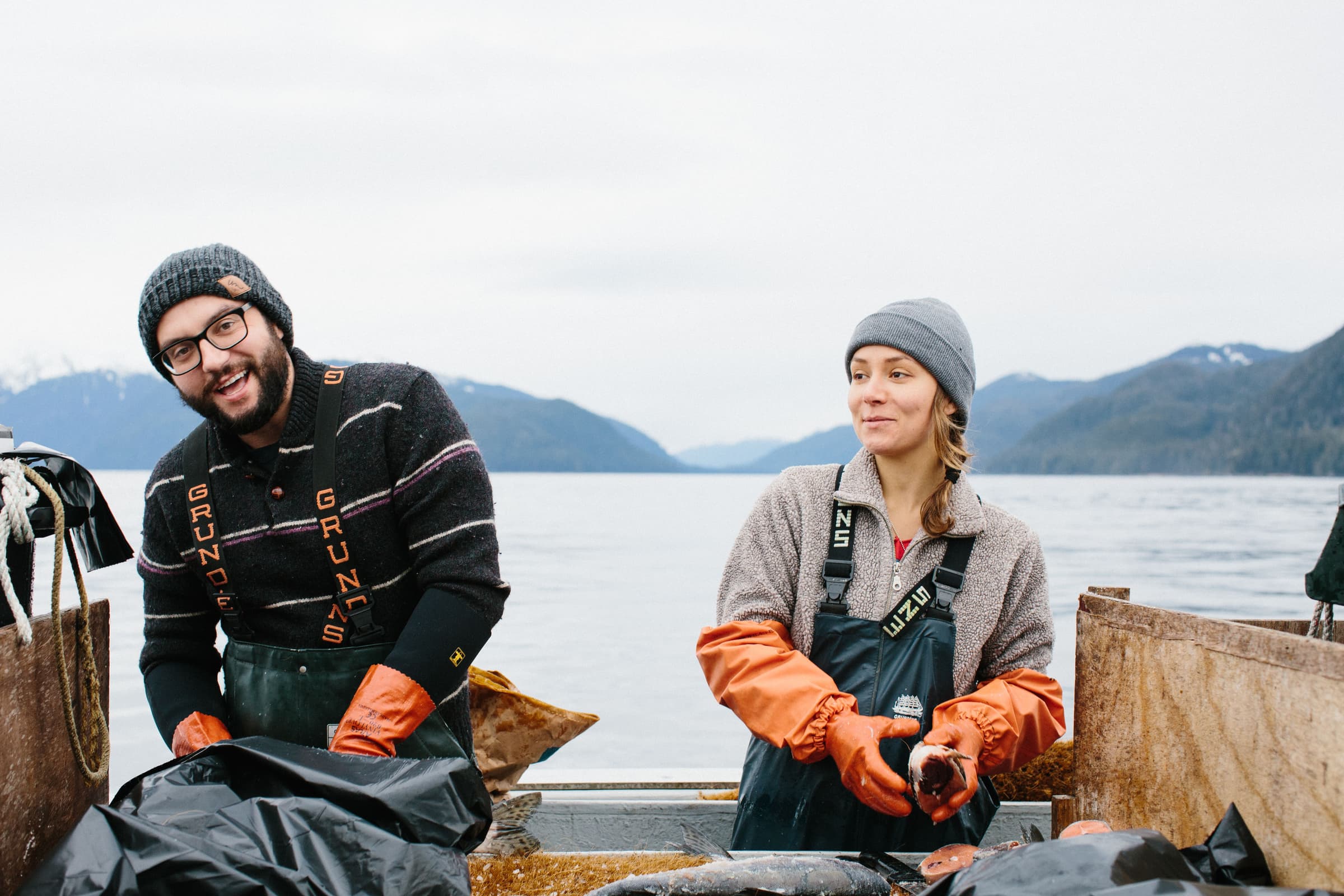There are quite a few superstitions common among fishermen. Many are passed down from generation to generation or shared around the local dive, but aren’t usually taken too seriously. Others are treated as reasons their trips succeed or fail. We’ve gathered some of these superstitions to explore their origins in maritime culture.
One long-standing belief is that bringing bananas aboard a vessel brings bad luck. This is still talked about among the Sitka fishing fleet, though it isn’t taken seriously. As I was researching its origins, a few clear ideas emerged about how the belief spread. Bananas spoil quickly and release gases that speed the ripening of other fruit. On long sea voyages where fresh supplies were limited and unpredictable, that could have posed a real problem. Today, with fishermen on shorter trips than sailors of centuries past, bananas aren’t seen as a major risk to luck.
Another, more controversial superstition is that women bring bad luck aboard boats. For many people, the “no women aboard” belief reflects historical attitudes when sexism existed in forms different from today. Today, this stance is largely considered outdated, and many would argue it deprives crews of the value and experience women bring to a vessel.
Many readers have heard the old sailors’ adage, “Red sky at night, sailor’s delight; red sky at morning, sailors take warning.” I still hear this saying around the docks but isn’t relied upon as a sole forecast tool, given modern weather apps like Windy provide reliable predictions. Its origin makes sense in a pre-technology era when sailing ships needed to adjust sails and time passages in areas where weather could change quickly.
What about the belief that cats bring good luck on boats? This has a practical basis. Cats helped regulate mice and rats that threatened food stores, spread disease, and chewed through sailcloth aboard old sailing ships. The presence of healthy cats aboard signified balance and a reduction in rodent problems. Today, there are fewer cats aboard fishing boats, but when they’re present, they still serve a valuable role.
Another common superstition is that whistling aboard a boat invites bad weather. This makes sense in terms of noise discipline and the need to be keenly aware of the sails and wind. An experienced captain is attuned to the usual sounds of the boat, and extra noise might signal something that needs investigation. If everyone on deck is whistling while sailors listen to the wind and sails, it could create confusion and hinder crucial, in-the-moment decision-making.
Ultimately, these superstitions arise from the dangers ancient mariners faced and their limited understanding of the sea. When I think about how they navigated the rocky waters near Sitka, with only sails for power and winds that were gusty and unpredictable, I am in awe. Today, fishermen and mariners still come ashore with radar and navigation software to assist them. Cheers to those sailors of days gone by and the brave fishermen who catch our seafood today!



